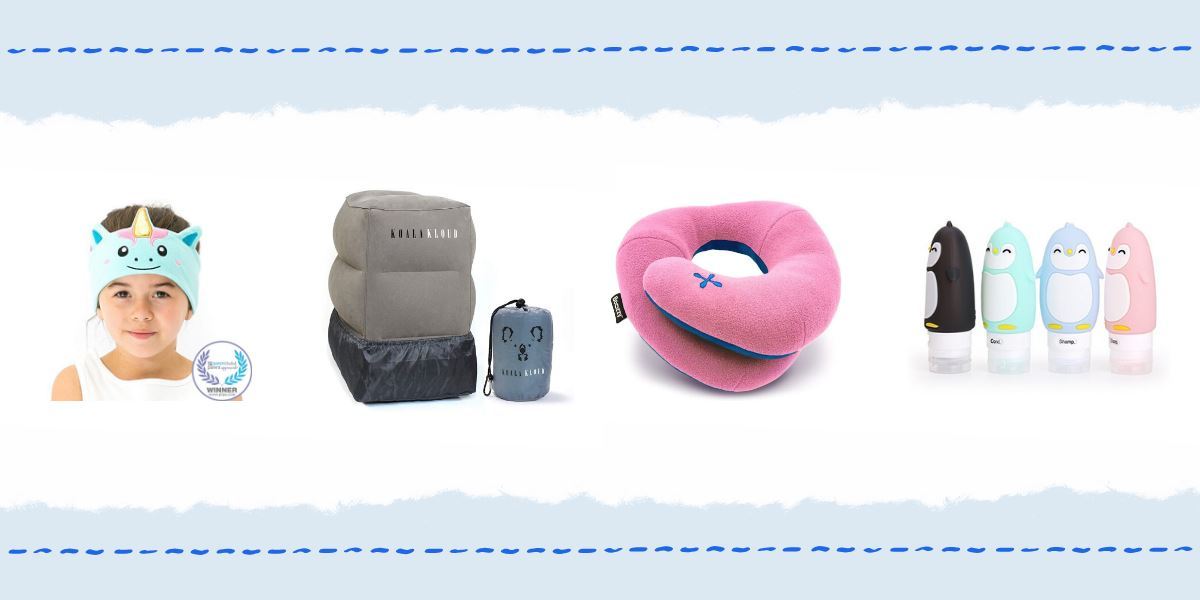
There are many ways you can keep your car cool in summer. These include installing a wind blower, installing an electric dashboard fan, or getting seat covers that keep you cool. To keep your car cool in direct sunlight, you can also purchase a solar-powered fan. These methods will help you to stay cool while you are driving.
Wind blower
To keep your car cool during the summer, you can use wind blowers if you live somewhere hot. It's relatively inexpensive and can be easily mounted on the dashboard. The fan can be set to three speeds: low, medium, or high. It is made out of ABS material with a high performance motor. It also includes a USB connector so that it can be used directly without the need to connect any other cables or outlets.

Electric dashboard fan
A dash fan is a great way to cool down your car during summer. These super-powerful fans are small and can be easily connected to the car's socket for the cigarette lighter. These fans are very efficient and can keep the car cool. They don't even require batteries. These fans also rotate 360 degrees and rotate in both directions, so you can easily adjust the amount of airflow.
Solar-powered fan
A solar-powered fan is a cost-effective way to cool your car during summer. The solar-powered fan works by using solar energy. It requires direct sunlight. It is possible for the fan to get too hot in your car after work by not being fully charged. To avoid this problem, you should install the solar-powered fan in the same direction as the sun.
Windshield shading
If you are looking to keep your car cool in the summer, a windshield shade can make all the difference. These shaders are a simple, easy-to-install solution that blocks out the sun's UV rays. A typical shade measures approximately 14 inches by 17 inches in height. They are made of polyester, and are easily installed using double-sided tape.

Vehicle umbrella
An umbrella for your vehicle can keep it cool in summer and dry in rain. These umbrellas can be attached to your car's roof and are lightweight, portable, waterproof, and foldable. They can be used to shield your vehicle from rain, bird waste and snow. They are rechargeable and can be folded or installed in minutes. They are great for hot summer days because they block 99.9% UV rays.
FAQ
Can I order clothes online and have them returned?
Absolutely! In fact, shopping online is easier than ever. All major retailers offer free return policies. Simply print the label and return it to us.
But, you won't get a refund until the item arrives. If you aren't satisfied with the product for any reason, you will need to return it.
Do I really have to register my credit card number online for shopping?
It is not necessary to register your credit card. Registering your credit card is optional if you want to be eligible for special offers or discounts. It's always recommended to protect yourself by verifying your identity with your bank.
How to avoid being cheated when using your credit card online
Before you make any purchases online with credit cards, be sure to check your statements. Make sure you only pay bills that you actually owe. Check your bank statement frequently to see if there's anything suspicious going on. If you spot any unusual charges, immediately contact your card issuer. They will often cancel the transaction, and then refund any money that was taken from your account.
Contact your local police department if you believe you have been scammed. You can also report to the Federal Trade Commission.
Should I be concerned about my privacy while shopping online?
It is vital for consumers to find out what information they are giving up when they use Amazon.com. It is important for consumers to ask themselves whether they are willing to share their personal information with companies like Amazon. If you do not wish to provide this information, you might have to limit your shopping at sites where you feel comfortable sharing private data.
What are the benefits of having a shopping list?
A shopping list serves one purpose: to remind you of what you need for grocery shopping. It saves you the time of searching through the store for forgotten items. You can also use a shopping list to help you find the right aisle if you are not sure.
In addition, a shopping list will save you money. You can save money by having a shopping list.
How can I do smart online shopping?
Smart shopping online is about finding ways to save money while still getting the best quality. Here are some suggestions:
First, shop around. Compare prices and see which store offers the best deal.
Secondly, consider using cash back apps such as Ebates. They work similar to cashback programs found at physical stores. When you shop through their app, you earn points based on the amount you spend. These points can be used to redeem for gift cards and discounts.
Third, you should look out for promo codes. These codes are available on sites like RetailMeNot.com. Just enter the code during checkout and voila! You will instantly see your savings.
Finally, check out the clearance section. There are often amazing deals available on high-end brands at reduced prices.
Statistics
- According to the Federal Trade Commission (FTC), online shopping was the fourth most common fraud category for consumers as of February 2022.5 (thebalance.com)
- Last Black Friday, I bought a stove from Lowes at 40% off, receiving 24 months of interest-free financing (from Lowe's). (meetfabric.com)
- Your Online Purchases 79% of Americans purchased goods and services online in 2018, which is expected to exceed 90% in 2023. (meetfabric.com)
- All items on AliExpress have an estimated delivery time on the product page, and it's usually anywhere from 20 to 60 days. (makeuseof.com)
External Links
How To
How to shop safely online
Online shopping can be one of the most convenient and cost-effective ways to purchase goods or services. But this convenience comes with a price. While there are many benefits to buying from an online store but also risks. Identity theft is the most serious risk. Identity theft is the greatest threat. Identity thieves steal your personal information (names, addresses and credit card numbers) in order to either steal money from you, or take out fraudulent loan against your name. Your stolen information is then sold on the black marketplace. Here are some tips for staying safe online.
-
Secure websites. SSL encryption is offered free of charge by many online stores to protect customers’ information. This means any information entered into their site, such as names, addresses, phone numbers, credit card details, etc., is encrypted so only you can see it. This prevents others from seeing what you have entered. When choosing which online store to do business with, ensure they have a valid certificate issued by a recognized CA. When browsing, look for the padlock icon in the URL bar.
-
Your password should not be divulged. When you sign up to a new account, an email will usually ask you to confirm your email address or username. These credentials must not be shared with third parties. You should also not write these credentials down. If someone steals your wallet they can access your accounts. Instead, keep them safe on your computer. You should also change your passwords regularly - every three months is recommended.
-
Keep track of your orders. If you're sending items to yourself or others, make sure you keep track of where you send those packages. Many people fall prey to fraud by believing that they sent something to themselves but it was actually sent to someone else. Before you pay shipping fees, ensure that the tracking number is checked. Do not ship anything without proof that it was delivered. If you aren’t satisfied with your service, contact the company as soon as possible.
-
You need to be aware of the person you're dealing. Many websites ask you for sensitive information, including your full name, date and birth, Social Insurance Number, bank routing number, and social insurance number. These details are used to identify you. Google "what information does a website need" to find out if it is. You'll find many answers.
-
Pop-up windows can be annoying. Pop-up windows can bombard you with offers and special deals from many sites. While some advertisements might appear legit, others will trick you into sharing private information. A fake antivirus program, for example, might ask you for your social insurance number and credit card number. Avoid being tricked by clicking on links that look suspicious.
-
Beware of phishing scams. Phishing scams involve hackers posing as reputable companies to trick consumers into handing over their financial information. Phishers send emails that look like they're from retailers and banks. These emails encourage users to log-in to update their account information. Once you give your information, hackers have full control over your finances. Hackers could even take over your bank accounts or transfer funds from one account to another. The following resources can help you identify phishing scams.
-
Do your homework. Always read all terms and conditions before you sign up for any deal. It is important that you understand and agree to the terms and conditions of any contract. You should carefully read through the contract and make sure you understand what you are agreeing to. Saving money is as simple as avoiding hidden fees and charges.
-
Always shop around. You shouldn't be afraid of shopping around. Compare prices across many different websites until you find the best price. Compare shipping costs for multiple items. Shipping rates vary greatly depending on which website you use. Fast shipping is worth the extra cost.